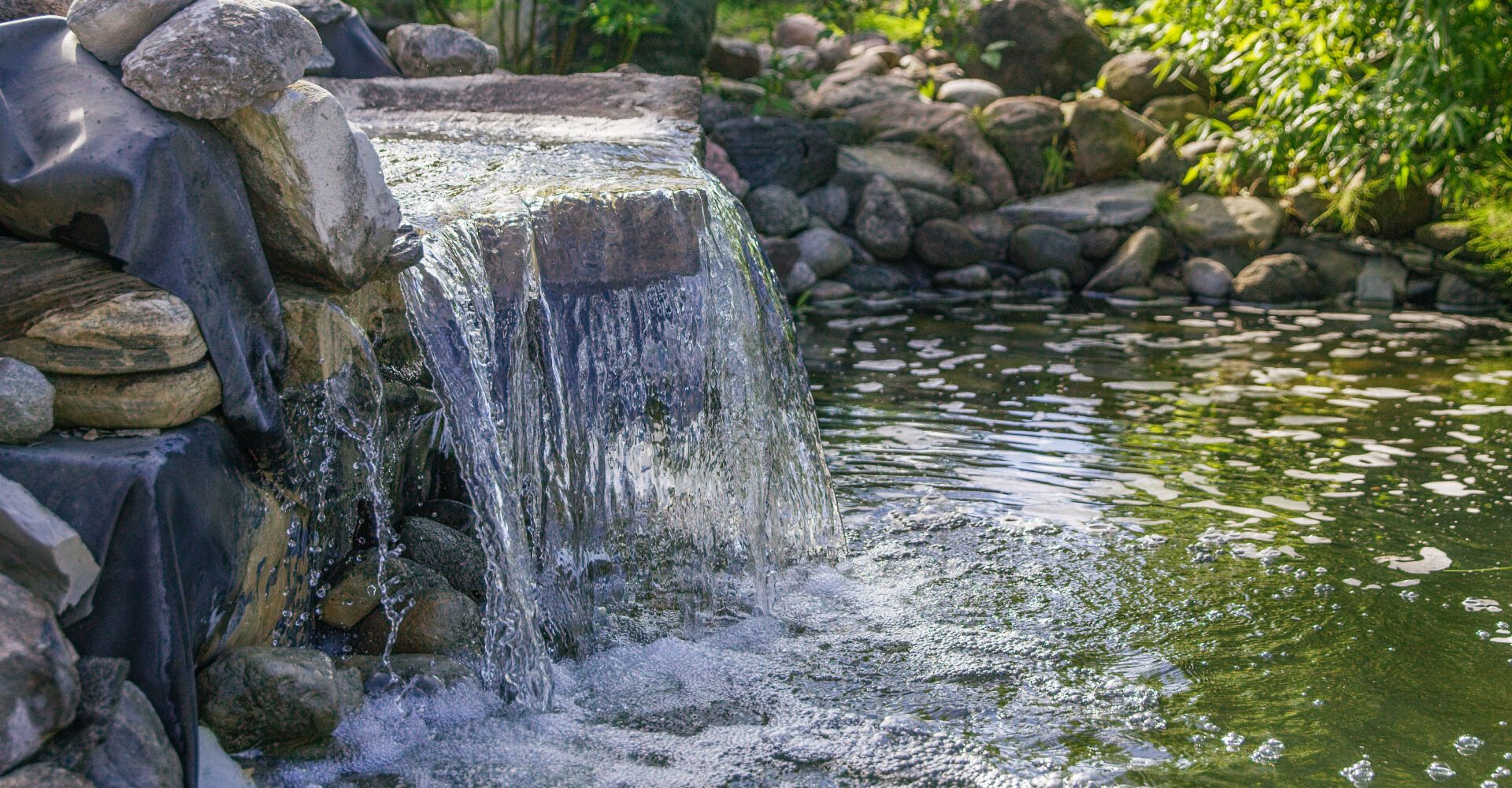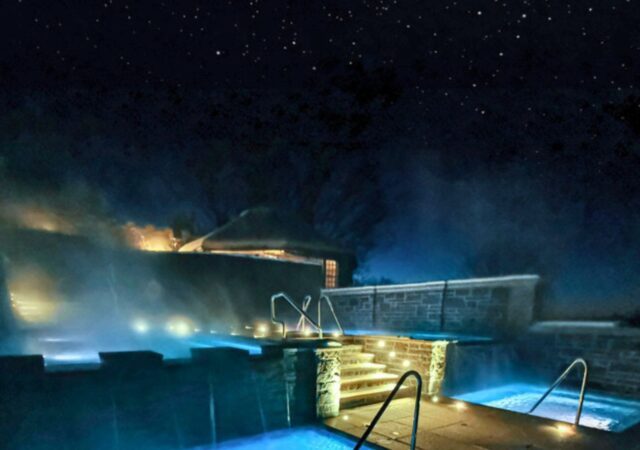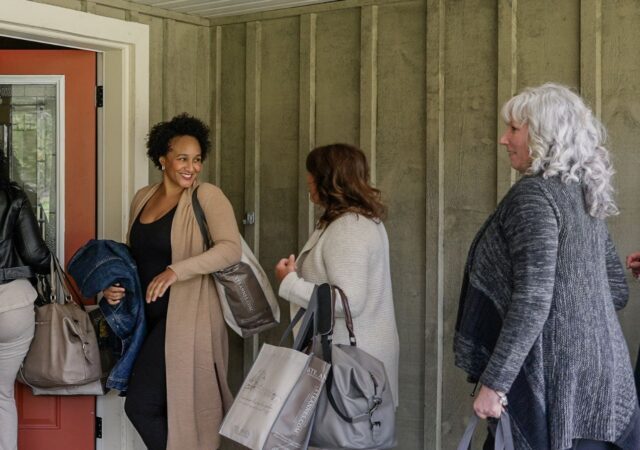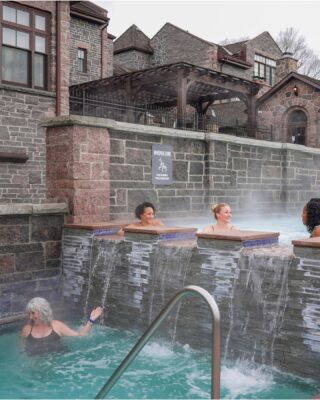A Greener Tomorrow

Every day should be Earth Day – the planet will thank you!
Here at Ste. Anne’s, we are deeply thankful for the planet and Mother Nature and are committed to protecting, enhancing and responsibly sharing our natural, green and glorious surroundings with our treasured guests.
Earth Day was created in 1970, and while some progress has been made, so much more needs to be done. The health of the planet is in our hands – our small, everyday acts can have a huge impact when it comes to creating a happier, healthier and sustainable future this April 22 and beyond.
Healing the planet is healing for all of us. This year’s theme is Planet vs. Plastics – billions upon billions of plastic items are choking our oceans, lakes and rivers and piling up on land, reports earthday.org, and harming human and biodiversity health.
Humanity is churning out more than a trillion pounds of plastic a year – that’ll double in 20 years. Every year 14 million tons of plastic end up in our oceans. Only 16% of plastic waste actually gets recycled worldwide; the rest takes 500 to 1000 years to decompose, leaching toxic chemicals all the while.
Harmful microplastics are showing up everywhere. They are in our soil, food and drinking water. Bottled water is packed with teeny nanoplastics. A new study by Columbia University reports 240,000 tiny granules of plastic per litre of water – that’s two standard-sized water bottles!
Fixing plastic pollution necessitates cutting production and changing our attitudes and addiction to polymers. Cutting out single-use plastics is a must. No more plastic bottles. Reuse planet-friendly, refillable water bottles and use filtered tap water. Same for your daily coffee run – refill a reusable metal or glass coffee cup. Choose glass containers to store foods. Avoid consuming foods and beverages in plastic containers.
Here are more easy green habits to adopt:
- Walk, cycle and use public transit over driving whenever possible. About 24% of Canada’s harmful emissions come from transportation. Pollute less and you’ll also get the boost of exercise and vitamin D.
- Supporting local farmers and incorporating more locally grown vegetables and plant-based proteins into diets is important. Be mindful of where your meat is sourced. Choosing vegetarian options a couple of times a week, such as lentils, tofu, chickpeas, chia and hemp seeds, can help aid in protein choices. Recognizing the environmental impact of food production processes, including packaging and transportation is crucial. Prioritizing local and organic choices helps us make more sustainable dietary decisions for our well-being and the planet.
- Don’t waste food – food scraps are flavorful and good for you. Plus, composting your food waste is an excellent way to reduce methane emissions from landfills, benefiting the environment significantly. Do your best to upcycle food scraps like potato skins, celery tops, carrot peels, meat bones, fruit peels and so many more – into soup stocks, stews and drinks.
- Plant something – trees offer so many benefits like cooling things down, cleaning the air and giving off more oxygen. Add a tree to your yard or plant a pollinator garden or small veggie garden. Fertilize with grinded eggshells – they’re a great source of calcium.
- Consume with a conscience. Save energy by turning down your thermostat in the winter when you’re sleeping or out, and same goes for using less AC in the summer when no one’s around. A programable thermostat helps with optimal efficiency. More energy saving tips include improving insulation and sealing.
At Ste. Anne’s, our soul’s mission is to spread health and healing and inspire others to make healthier choices for their well–being and for the planet. Our soothing care embraces an abundance of nature, natural nourishment, restorative services and sustainable initiatives.
We nurture the planet every day. Living in harmony with nature is reflected in owner Jim Corcoran’s words: “Humans should strive to give back what they take from the environment, and in doing so should improve the quality of the world we live in.”














